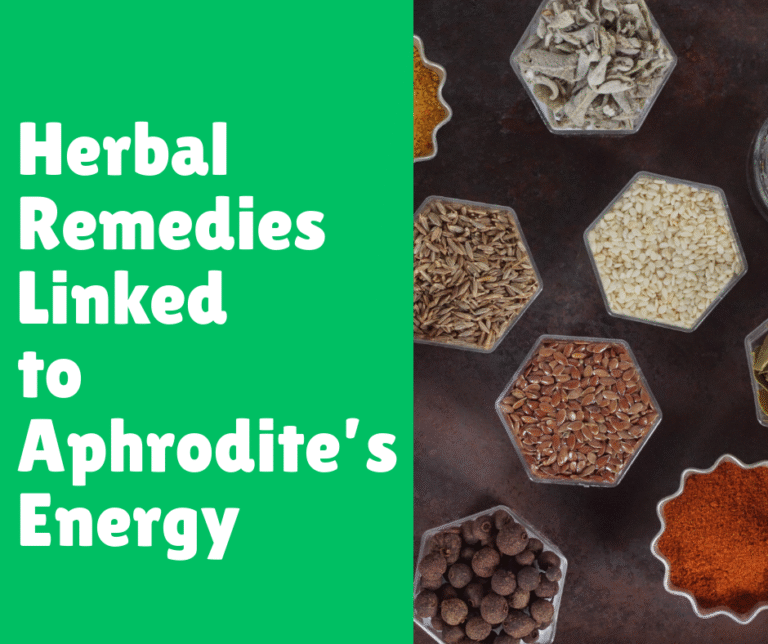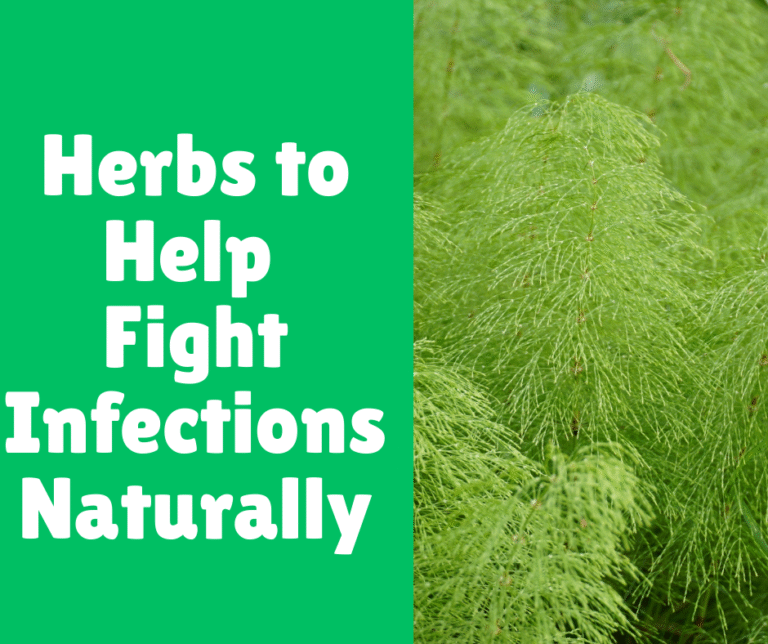How Can You Heal Sore Gums Naturally? Effective Remedies and Tips
Post Disclaimer
Content on this site is for educational use only and not a substitute for medical advice. Herbal remedies are based on traditional knowledge and not medical recommendations. Please consult a healthcare professional before trying any herb. We do not assume responsibility for any outcomes or adverse effects resulting from the use of information provided here.
We’ve all experienced sore gums at some point, whether it’s from brushing too hard, eating something too hot or cold, or even from the beginning stages of gum disease.
Gum health is crucial because it supports your teeth and is vital for overall oral hygiene. When your gums are inflamed or sore, it can affect your eating, talking, and overall comfort.
While you can’t always stop gum soreness from happening, there are plenty of natural, cost-effective ways to ease the discomfort and promote healing. Some remedies might surprise you—others are classic, tried-and-true methods you can easily incorporate into your daily routine.
In this post, we’ll explore multiple ways to heal sore gums, share insights on common mistakes people make, and guide you on how to maintain better gum health overall.
Natural Remedies for Sore Gums
There are several natural ingredients that have been shown to help with sore gums. These remedies are not only soothing but can also promote overall gum health. Here are some of my favorites:
Salt Water Rinse: Old-School But Effective
One of the simplest and most effective remedies for sore gums is a salt water rinse. It’s a solution of warm water and salt that helps to disinfect the gums, reduce inflammation, and promote healing. Salt water can also ease pain and kill bacteria in the mouth.
How to Use:
- Mix 1/2 teaspoon of salt in a cup of warm water.
- Swish the solution in your mouth for 30 seconds.
- Spit it out and repeat up to 3 times a day.
This easy remedy is great for calming inflammation and washing away bacteria that might be contributing to the soreness.
Aloe Vera: Nature’s Healing Agent
Aloe vera is known for its anti-inflammatory and healing properties. It can help soothe irritated gums and accelerate the healing process.
How to Use:
- Cut an aloe vera leaf and scoop out the gel.
- Apply the gel directly to your sore gums.
- Let it sit for about 10-15 minutes, then rinse with warm water.
Using aloe vera gel from the plant is ideal, but if you’re using store-bought aloe vera gel, make sure it’s free of alcohol and other additives.
Clove Oil: A Powerful Natural Analgesic
Clove oil has been used for centuries for its numbing and antiseptic properties. It can temporarily relieve gum pain by numbing the area and killing bacteria.
How to Use:
- Soak a cotton ball or cotton swab in clove oil.
- Gently apply it to the sore area for a few minutes.
- You can also dilute the oil with a bit of olive oil to avoid irritation.
Be careful not to use too much clove oil, as it can cause irritation if overused.
Chamomile Tea: A Calming Herb
Chamomile is well-known for its soothing properties. It can help calm inflammation and reduce discomfort in the gums.
How to Use:
- Brew a cup of chamomile tea.
- Once cooled to room temperature, use it as a mouth rinse for sore gums.
- You can also apply chamomile tea bags directly to the sore area.
The anti-inflammatory nature of chamomile will help to relax your sore gums and aid in healing.
Turmeric Paste: An Ancient Healing Remedy
Turmeric contains curcumin, a compound known for its powerful anti-inflammatory and antioxidant properties. When applied to sore gums, it can reduce inflammation and promote healing.
How to Use:
- Mix a pinch of turmeric powder with water to form a thick paste.
- Apply the paste directly to the affected gums and leave it on for 10 minutes.
- Rinse thoroughly with warm water.
You can repeat this twice a day for effective results.
The Importance of Good Oral Hygiene
While natural remedies are incredibly effective, they work best when combined with proper oral hygiene. A consistent oral care routine can prevent gum soreness from reoccurring and help keep your gums healthy in the long run.
Brush Gently but Effectively
Brushing your teeth twice a day is essential for gum health. However, many people make the mistake of brushing too hard, which can damage gums. Instead, use a soft-bristled toothbrush and gentle strokes.
Tip: Consider switching to an electric toothbrush with a pressure sensor that helps guide the proper brushing technique.
Flossing: Don’t Skip This Step
Flossing daily helps remove food particles and plaque buildup that might cause gum irritation. Be gentle while flossing to avoid injuring your gums.
Tip: If traditional floss is too harsh, try using a water flosser, which can be gentler on sore gums.
Mouthwash for Protection
Antiseptic mouthwash can help reduce plaque and bacteria in your mouth, contributing to healthier gums. Look for alcohol-free mouthwashes to prevent further irritation of your gums.
Tip: Use a mouthwash with natural ingredients like tea tree oil or aloe vera for extra soothing benefits.
How to Prevent Sore Gums in the Future
Prevention is always better than cure, and this applies to gum health as well. Here are some practices that can help prevent future gum soreness:
Watch Your Diet
Eating a healthy diet rich in vitamins and minerals can strengthen your gums. Vitamins C and D, in particular, are vital for gum health. Consider incorporating more fruits, vegetables, and whole foods into your diet.
Tip: Avoid sugary foods and drinks, as they can increase the risk of gum disease.
Quit Smoking
Smoking is one of the leading causes of gum disease and can worsen gum soreness. Quitting smoking can significantly improve your gum health and overall well-being.
Stay Hydrated
Drinking enough water helps keep your gums hydrated and helps flush out food particles and bacteria from your mouth.
Helpful Table: Quick Reference Guide to Natural Remedies for Sore Gums
| Natural Remedy | How It Helps | How to Use |
| Salt Water Rinse | Reduces inflammation, kills bacteria | Mix 1/2 tsp salt in warm water and swish for 30 sec, up to 3x/day |
| Aloe Vera Gel | Soothes irritation, accelerates healing | Apply fresh aloe vera gel to sore gums, leave for 10-15 minutes |
| Clove Oil | Numbs pain, kills bacteria | Dab on sore gums with a cotton swab for a few minutes |
| Chamomile Tea | Reduces inflammation, calms discomfort | Use cooled chamomile tea as a mouth rinse |
| Turmeric Paste | Reduces inflammation, promotes healing | Apply turmeric paste to gums, leave for 10 minutes, rinse |
Common Mistakes to Avoid
Even though these remedies are natural, they can be ineffective—or even cause further irritation if used improperly. Here are some common mistakes people make:
Using Too Much Salt in Salt Water
While salt water is a great remedy, using too much salt can irritate your gums and dry them out. Stick to the recommended 1/2 teaspoon per cup of warm water.
Overusing Clove Oil
Clove oil is potent and can burn your gums if overused. Use it sparingly and never apply it directly without dilution.
Not Giving Remedies Enough Time to Work
Natural remedies often take time to show results. Be patient and consistent with your treatments. If you don’t see results immediately, don’t give up!
Ignoring the Root Cause
While natural remedies can help soothe sore gums, it’s important to address the root cause. If your sore gums persist, it may be a sign of gum disease, which requires professional treatment.
Conclusion
Sore gums are an unpleasant issue, but with the right natural remedies and proper oral care, you can find relief and promote healing. Remember to follow the steps outlined in this guide, and don’t forget the importance of good oral hygiene.
Whether it’s using a salt water rinse, aloe vera, or simply taking better care of your teeth and gums, these tips can help you feel better and get back to your normal routine.
- Salt water, aloe vera, clove oil, and chamomile tea are some of the best natural remedies for sore gums.
- Maintaining a good oral hygiene routine is key to preventing future gum issues.
- Avoid common mistakes like overusing salt or clove oil, and always give remedies time to work.
If you’ve tried any of these remedies or have your own tips for healing sore gums naturally, I’d love to hear from you! Drop a comment below or share this post with anyone who might benefit from it. Take care of those gums and smile with confidence!
FAQs
Can sore gums be a sign of gum disease?
Yes, sore gums can be an early warning sign of gum disease, such as gingivitis. If soreness persists or is accompanied by bleeding, it’s best to see a dentist.
How often should I use a salt water rinse for sore gums?
You can use a salt water rinse up to three times a day. However, it’s important not to overdo it as excessive salt can irritate the gums.
Are there any foods I should avoid when I have sore gums?
Avoid spicy, acidic, or rough-textured foods that can aggravate sore gums. Stick to softer, milder foods while you heal.








